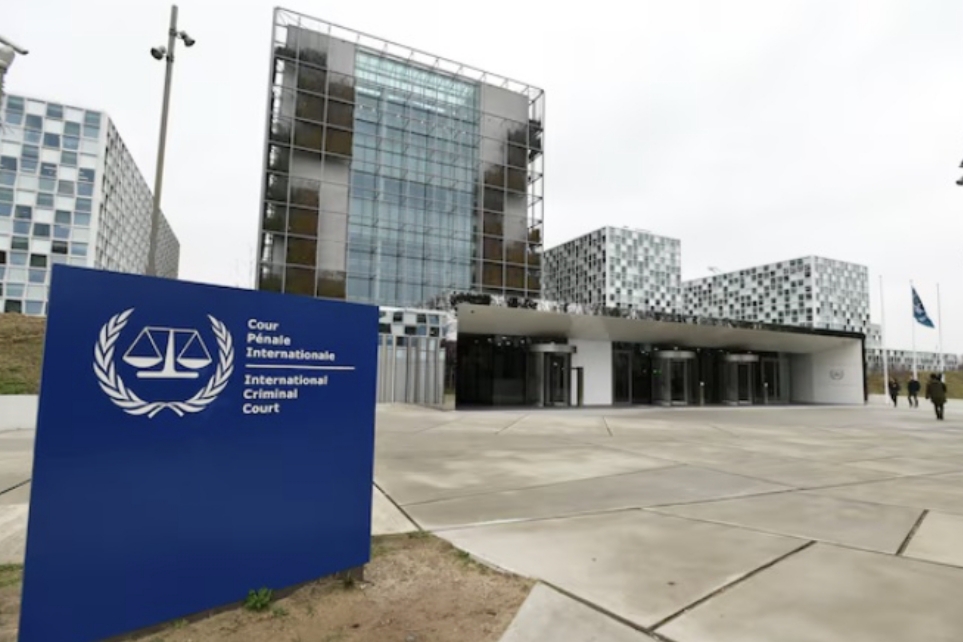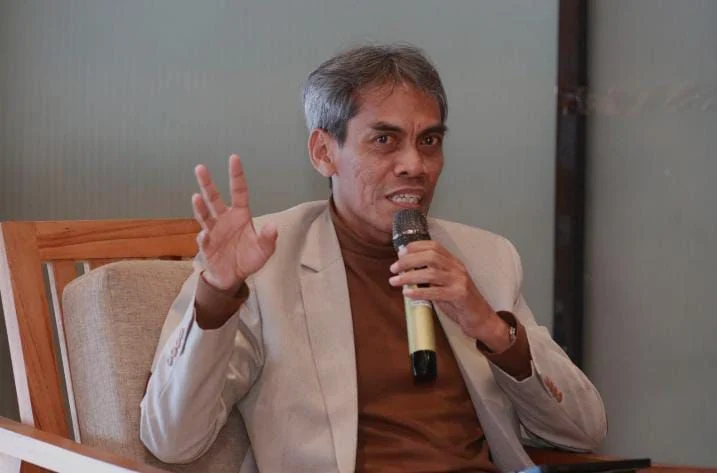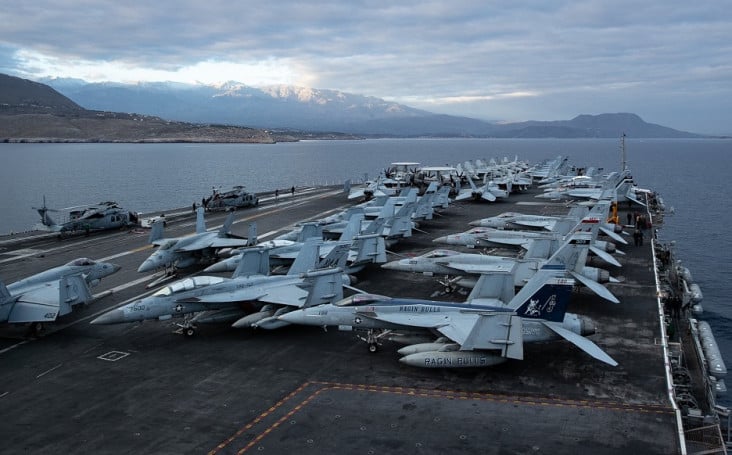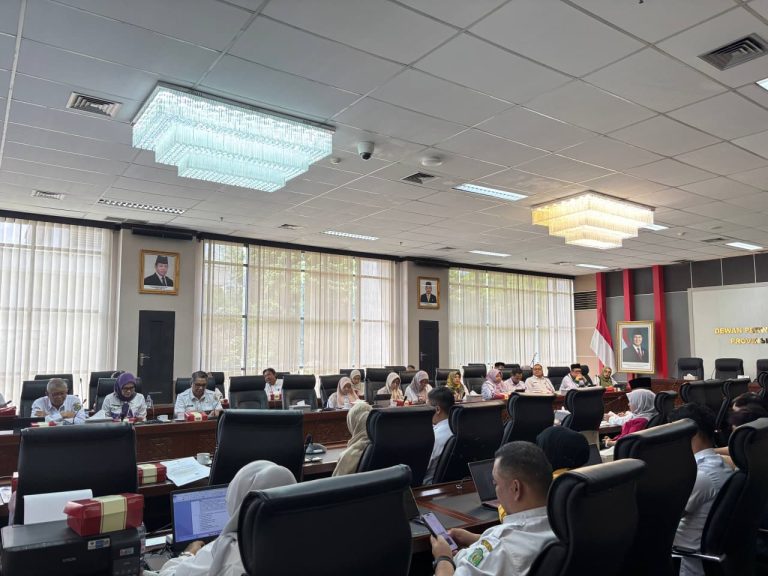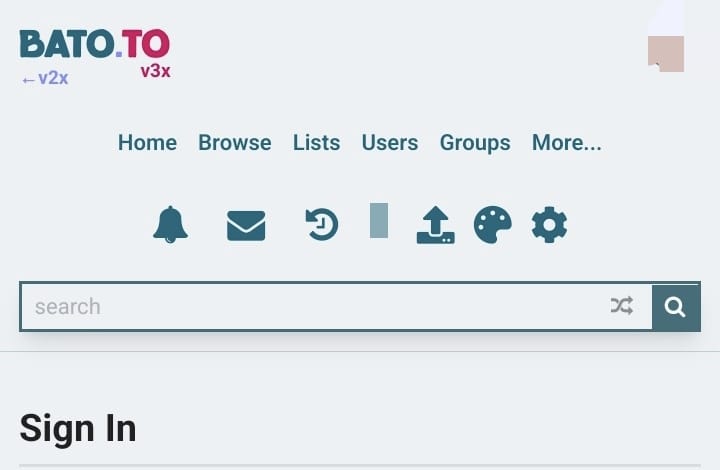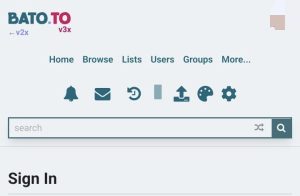Washington, Sketsa.id – The United States has slapped sanctions on four judges of the International Criminal Court (ICC) in a bold move, citing the court’s issuance of an arrest warrant for Israeli Prime Minister Benjamin Netanyahu and its past investigation into alleged U.S. war crimes in Afghanistan.
The decision has sparked sharp criticism from the ICC, which sees it as an attack on its independence and mission to deliver justice.
Sanctions Target ICC Judges
The targeted judges are Solomy Balungi Bossa from Uganda, Luz del Carmen Ibanez Carranza from Peru, Reine Adelaide Sophie Alapini Gansou from Benin, and Beti Hohler from Slovenia. U.S. Secretary of State Marco Rubio justified the sanctions, accusing the judges of engaging in “illegitimate and baseless actions” against the U.S. and its close ally, Israel.
“As ICC judges, these individuals have actively participated in the ICC’s politicized and unfounded efforts to investigate, charge, and prosecute citizens of the United States and our allies,” Rubio stated, as reported by Reuters on June 6, 2025.
The sanctions severely restrict the judges’ ability to conduct routine financial transactions, as any bank with ties to the U.S. or dealing in dollars must comply with the measures. This marks a significant escalation in the U.S.’s ongoing tensions with the ICC, a court neither the U.S. nor Israel recognizes as legitimate.
ICC Fires Back
The ICC strongly condemned the sanctions, calling them an attempt to undermine the independence of an international judicial body that serves as a beacon of hope for millions of victims worldwide.
The court emphasized its role in delivering justice for grave crimes, arguing that such actions threaten the pursuit of accountability.Judges Bossa and Ibanez Carranza, both serving on the ICC since 2018, were part of a 2020 appeals chamber decision that authorized a formal investigation into alleged war crimes by U.S. forces in Afghanistan.
The sanctions appear to be a direct response to this, as well as the ICC’s recent arrest warrant for Netanyahu over alleged war crimes in Gaza.The move has reignited debates about the ICC’s jurisdiction and its ability to operate free from political pressure, especially when targeting powerful nations or their allies. (*)



